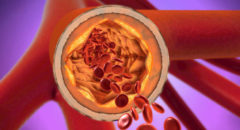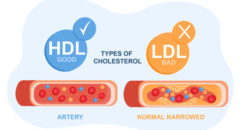 Chocolate and products made from cocoa have been eaten by human beings in various cultures for many centuries. Although some anecdotal evidence has always existed that chocolate has some beneficial health properties, it is only recently that science has corroborated these notions.
Chocolate and products made from cocoa have been eaten by human beings in various cultures for many centuries. Although some anecdotal evidence has always existed that chocolate has some beneficial health properties, it is only recently that science has corroborated these notions.
For several years the scientific verdict has been widely recognized, and it is now accepted that chocolate—dark chocolate, specifically—has health benefits that cannot be denied. This is excellent news for those of us who love chocolate!
What Is It?
Chocolate, whether raw or processed, is derived from the seeds of the “cacao” (kah-kow) plant, and is said to have been cultivated in Central America, South America and Mexico as early as 1000 BCE. Many chocolate products contain cocoa solids, cocoa butter, sugar, milk, and other fats. White chocolate (often not even considered to be real chocolate) is made from cocoa butter, sugar and milk but contains no cocoa solids whatsoever, making it safe for those allergic to chocolate.
How Does It Improve My Health?
Since chocolate is from a plant source, it contains, like most plants, naturally occurring substances that are beneficial to health.
1. Fights Cancer: Chocolate contains high amounts of cancer-fighting antioxidants such as catechins and phenols, as well as flavonoids that can reduce blood pressure, the most abundant flavonoid in chocolate being flavanol. While tea has been purported as an excellent source of antioxidants, research has shown that dark chocolate may have four times more antioxidants than many teas. Dark chocolate is even said by some sources to contain more antioxidants than strawberries, long held as a very important cancer-fighting berry.
2. Fights Heart Disease: Phenols are substances that reduce the number of cancer-causing free radicals in the bloodstream. Free radicals can cause damage to cell DNA. Phenols also prevent fats in the bloodstream from clogging arteries, thus preventing heart attacks. Some research has also shown that chocolate can…







